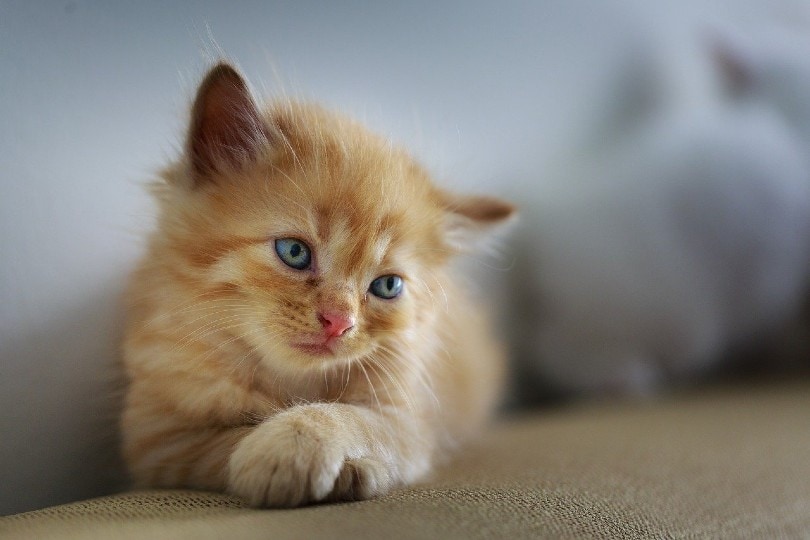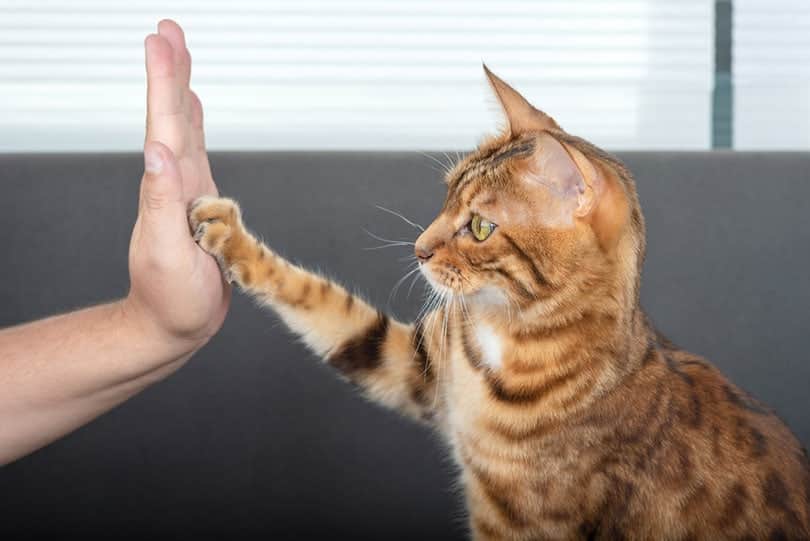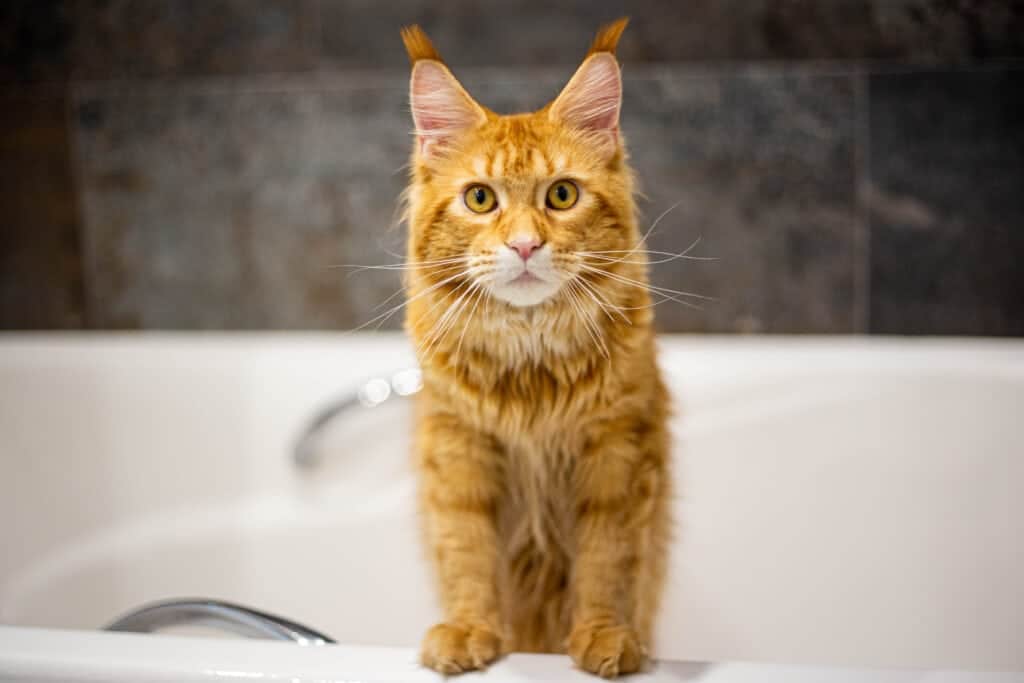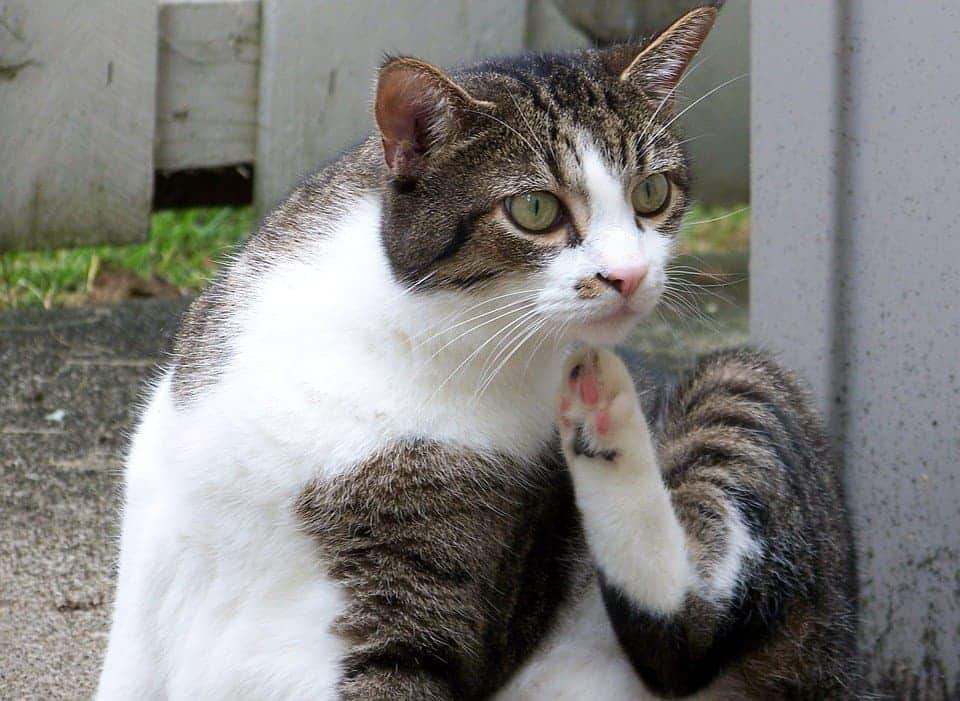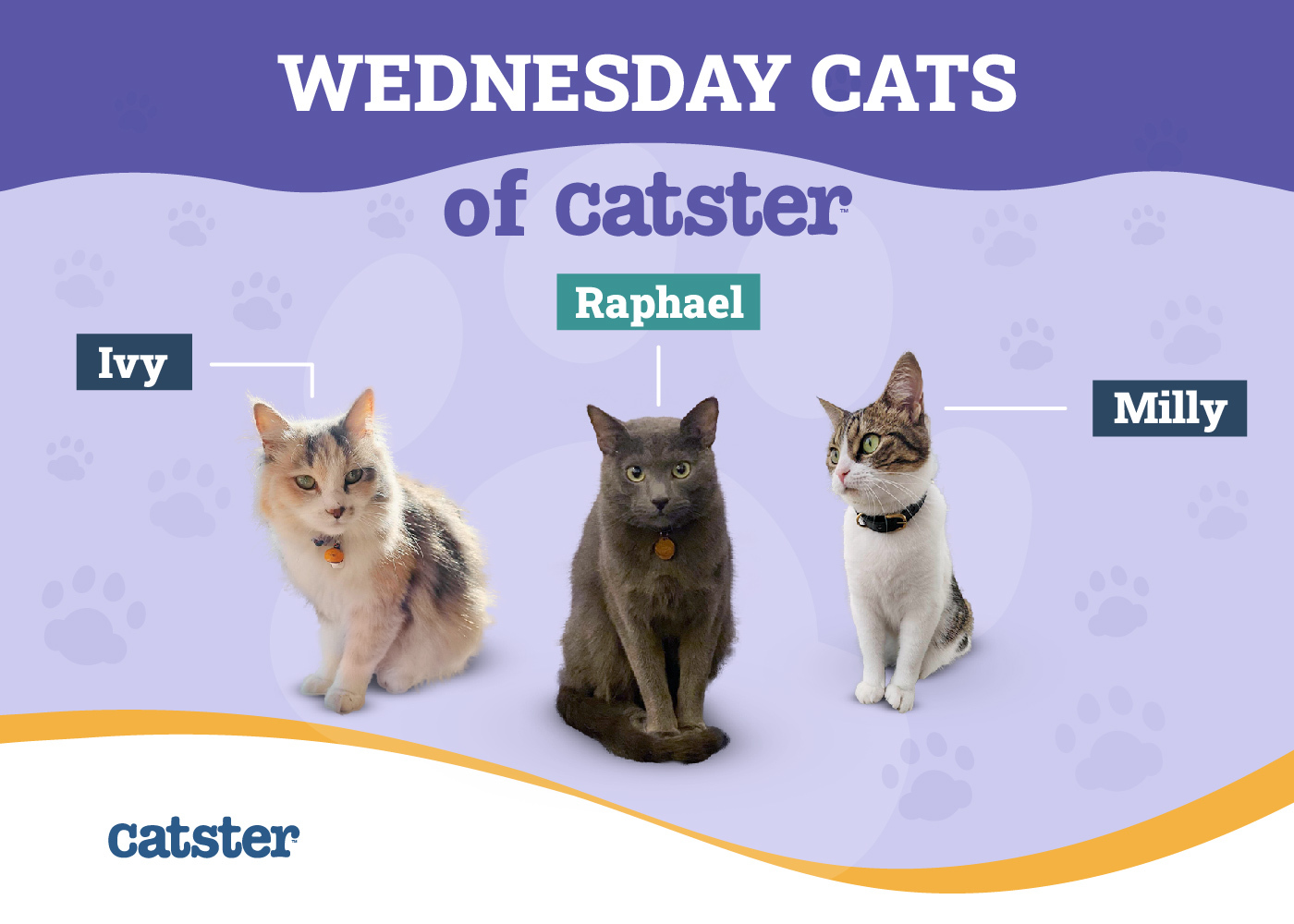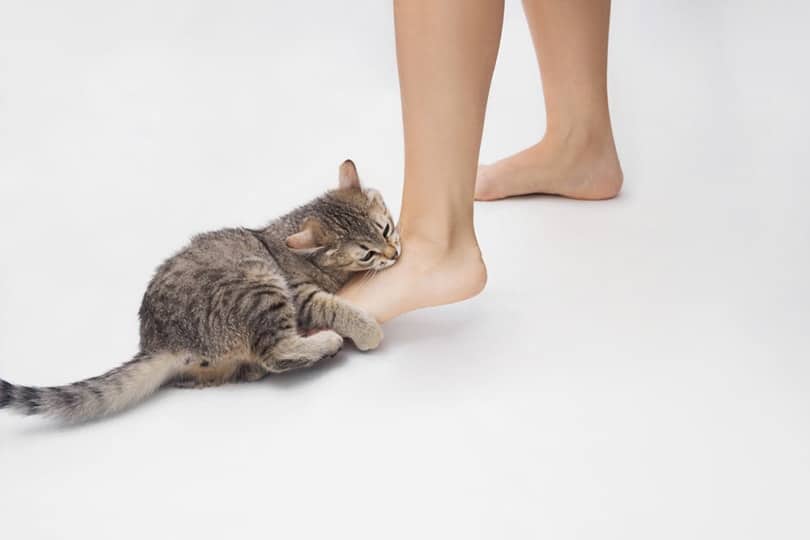Click to Skip Ahead
We all love our cats. What we don’t love is the odors they leave behind. Of course, most pet parents clean their homes, but we also want our houses to smell good, and that’s where air fresheners come in.
However, studies have shown that air fresheners, especially plug-in air models, are toxic to cats. It is critical to keep toxic household items away from our cats to prevent illness, and we’ll discuss why you should avoid plug-in air fresheners and which alternatives to use instead.

Plug-In Air Fresheners and Cats
Plug-in air fresheners are unhealthy for cats because the chemicals they omit can be poisonous to felines if inhaled or ingested. To release the scents into the air, they need a carrier, and that carrier is a chemical known as phthalates. It has been linked to hormone imbalances, cancer, and reproductive problems.
Since this air freshener leaves a film as it falls onto your floors and carpeting, it can affect your cat when they walk over it and eventually groom their fur. They can also inhale fragrances and chemicals, which can lead to asthma and allergies.
What About Spray Air Fresheners?
Spray air fresheners also contain phthalates, even some that say natural or are labeled unscented. The sprays get on the floor, and your cat can ingest them, leading to the same problems we’ve already discussed. It’s best to go with natural methods of freshening your home for the sake of your cat and your family.
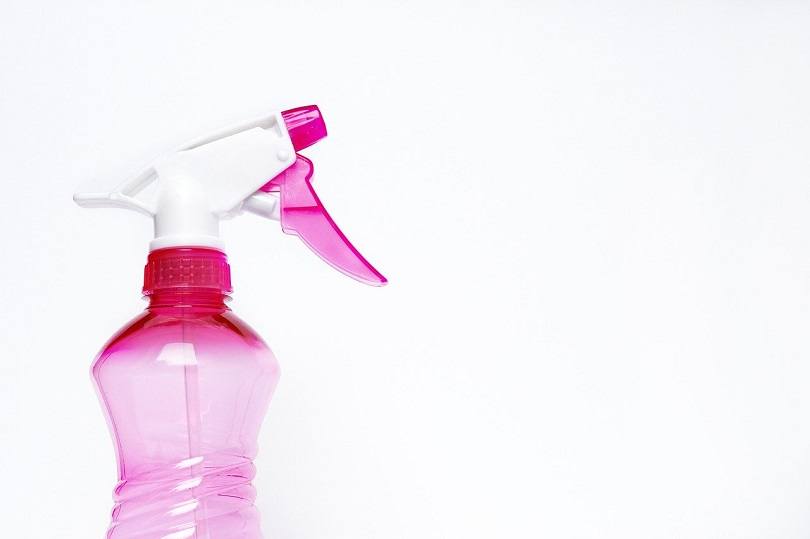
Signs of Air Freshener Poisoning In Cats
Whether it’s through the air, the floor, or from a leaking air freshener, your pet can get sick from the air freshener’s ingredients. Here are a few of the signs that may indicate your cat has ingested a toxic substance.
- Coughing
- Sneezing
- Vomiting
- Diarrhea
- Lack of appetite
- Discharge from the eyes and nose
If you see any milder signs in your cat, try cleaning your home thoroughly to eliminate the odor and stop using air fresheners. But you must monitor them to see if the signs worsen. If you see the more severe signs or feel like your cat might have ingested some of the chemicals, it is best to contact your vet right away for treatment.

Top 3 Safe Ways to Freshen Your Home When You Have Cats
If you can’t use air fresheners, then what can you use so that your home smells fresh and your cat is still safe? There are numerous natural ways to freshen your home without putting your feline at risk.
1. Clean Your Cat Litter
The best way to ensure your home smells fresh is to clean the cat litter tray daily. And if you have multiple cats, you should have multiple litter trays, which means even more cleaning. Keep in mind that scooping litter daily is just one step; you will also need to replace the litter after a few weeks as well as giving the litter pan a good scrub.
2. Cat-Friendly Plants
Cat-friendly plants are another way to bring freshness and fragrance into your home. They filter the air in your home and absorb carbon dioxide. However, you must check and ensure the plants you choose are cat-friendly; some species, like lilies and sago palms, are poisonous to felines.
3. Herbs
Placing containers of cat-friendly herbs around your home can add natural aromas. You can simmer dried herbs on the stovetop if you cannot find fresh herbs. Rosemary, basil, and sage are pungent herbs that can freshen your air, and they are safe to use around cats.
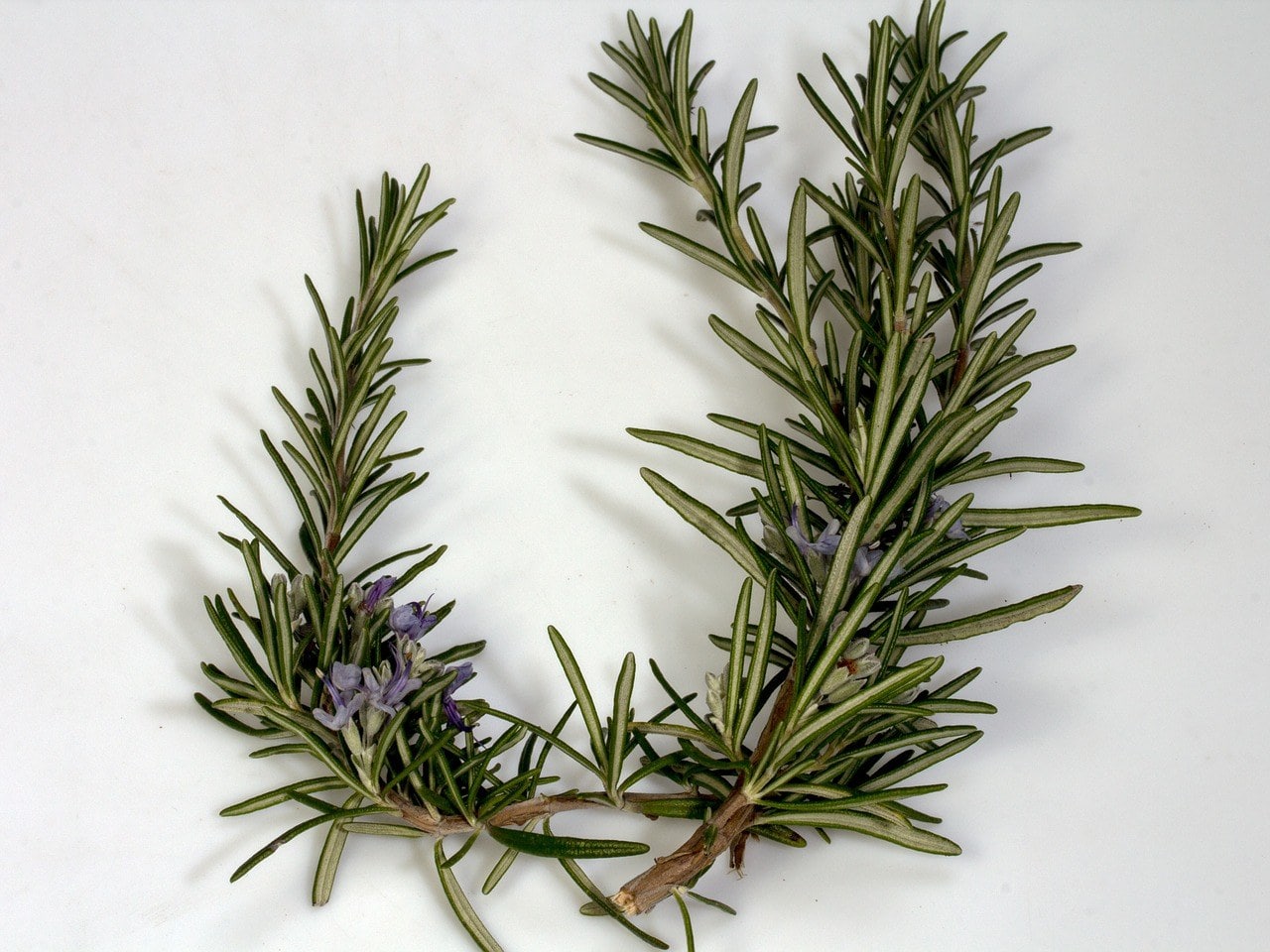

Wrap Up
Plug-in air fresheners are toxic to cats and should only be used in areas your cat cannot access; avoid placing them by your pet’s food, water, or litter box. It is best to ditch the air fresheners altogether and use a few of the natural methods we listed above to freshen your home. If you have an alternative way of freshening your interior, check with your veterinarian to ensure it is safe for your furry friend.
Featured Image Credit: Quangpraha, Pixabay

